How to Choose the Right Tint Level for Your Car
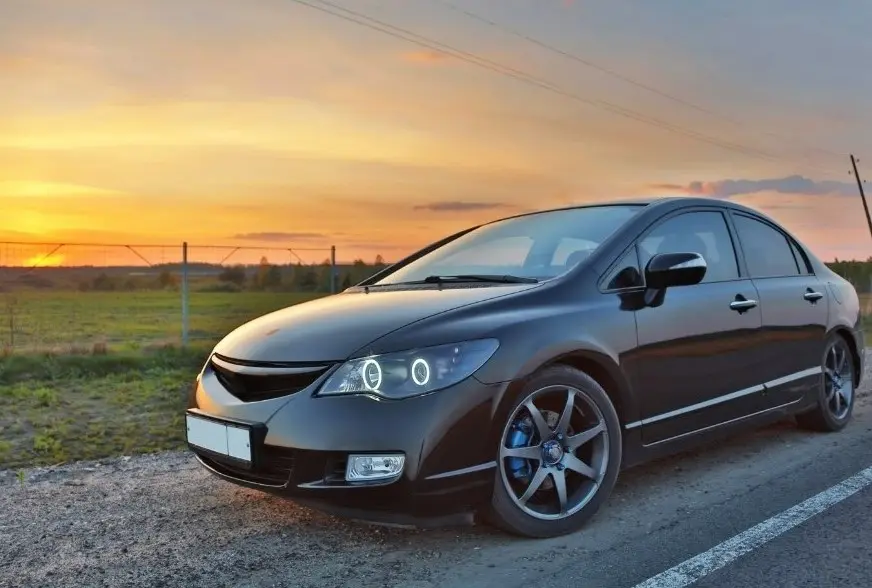
Choosing the right tint level for your car is more than just a style choice; it impacts comfort, privacy, and even safety. With various tint levels and options available, finding the one that best fits your needs requires understanding tint grades, legal restrictions, and practical benefits.
What Is Tint Level and Why Does It Matter?
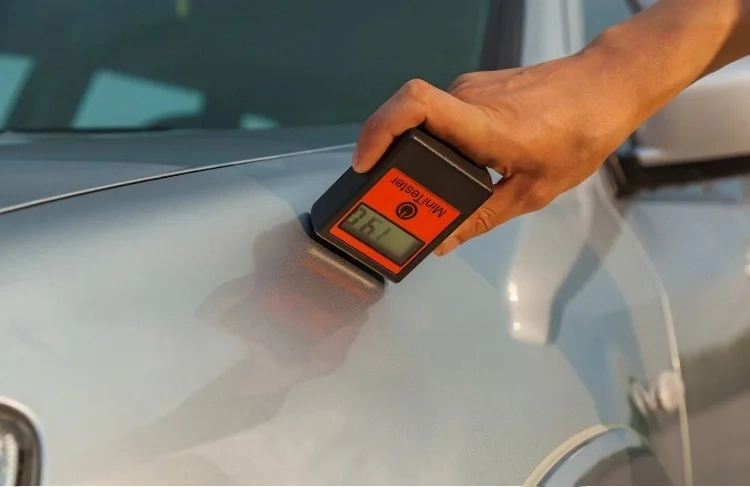
The tint level refers to the amount of visible light transmission (VLT) through your car windows. A lower VLT percentage means a darker tint, which offers greater privacy and heat reduction. However, every driver should balance these advantages with visibility and legal restrictions.

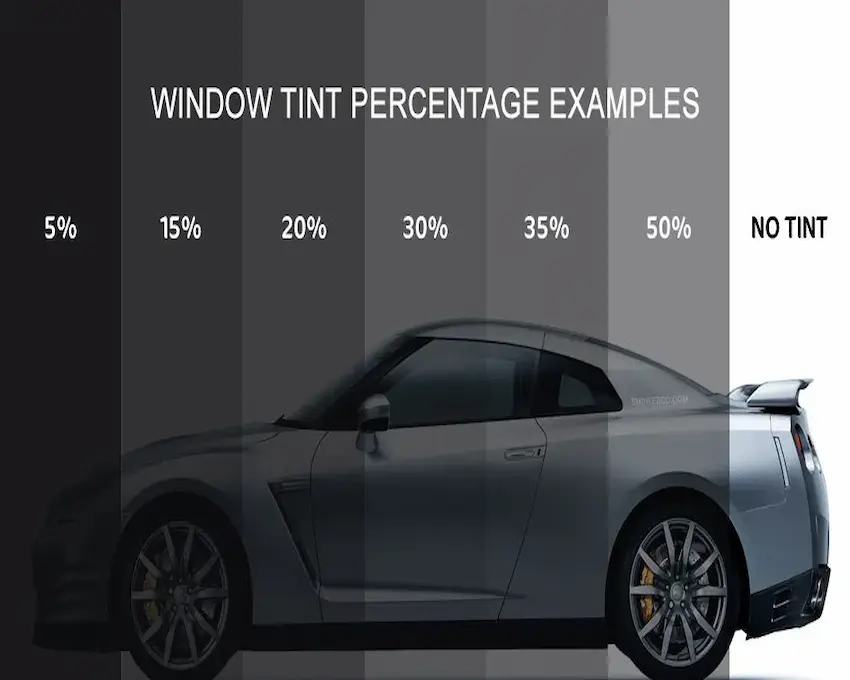
Key Factors to Consider When Selecting a Tint Level

Local Regulations:
Each region has specific laws about permissible tint levels for different windows in a vehicle. Check your local government website or the JPJ for guidelines on acceptable VLT percentages.
Desired Privacy and Aesthetic:
Higher tint levels provide more privacy, which may be ideal if you’re concerned about security or aesthetics. However, remember that darker tints can sometimes reduce visibility, especially in low-light conditions.
Protection from UV Rays and Heat Reduction:
Modern tints are effective at blocking harmful UV rays and reducing heat inside your car. Look for high-quality films that offer excellent UV protection, even if the tint is lighter.
Clarity and Visibility Needs:
Certain tints provide superior clarity, which is essential for drivers who prioritize visibility. If driving in low light or night conditions, consider a lighter tint level for safer driving.
Types of Tint Film Materials and Their Benefits
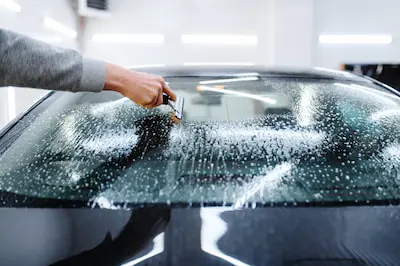
- Dyed Film: Affordable and good for blocking glare; however, it may fade over time.
- Metalized Film: Offers added strength and durability but can interfere with electronics.
- Ceramic Tint: The premium option with top-notch UV protection and heat reduction without electronic interference.
- Hybrid Film: A combination of dyed and metalized films for balance between cost and benefits.

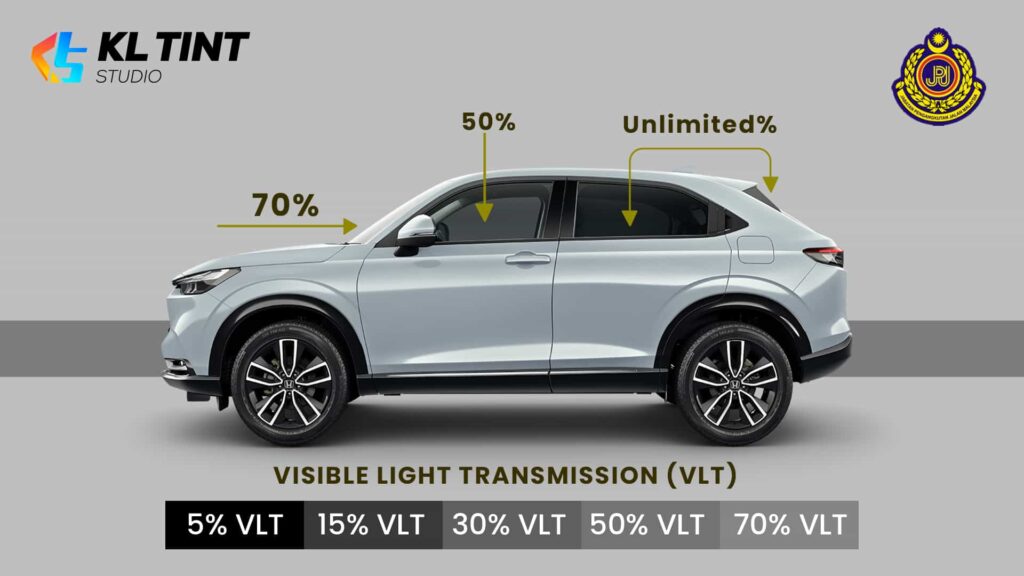
JPJ Approve Tint level in Malaysia

In Malaysia, the Road Transport Department (JPJ) regulates window tint levels to ensure road safety and reduce illegal activities. Here are the approved tint levels:
- Front Windshield: Must allow at least 70% Visible Light Transmission (VLT).
- Front Side Windows: Require a minimum of 50% VLT.
- Rear Side Windows and Rear Windshield: No restrictions; can be fully tinted if desired.
Making Your Choice for Right Tint
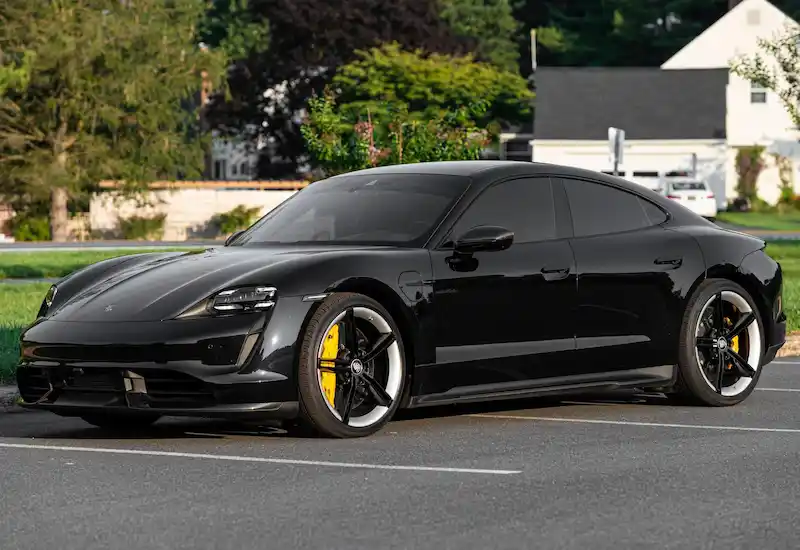
To choose the right tint level, consider both your personal preferences and practical needs. For a balance of style, privacy, and clarity, mid-range tint levels (like 35%) are often ideal. Speak with a tinting professional who can guide you on local regulations and options that match your requirements.

If you want professional right tint, Visit Our shop & book an appointment:
